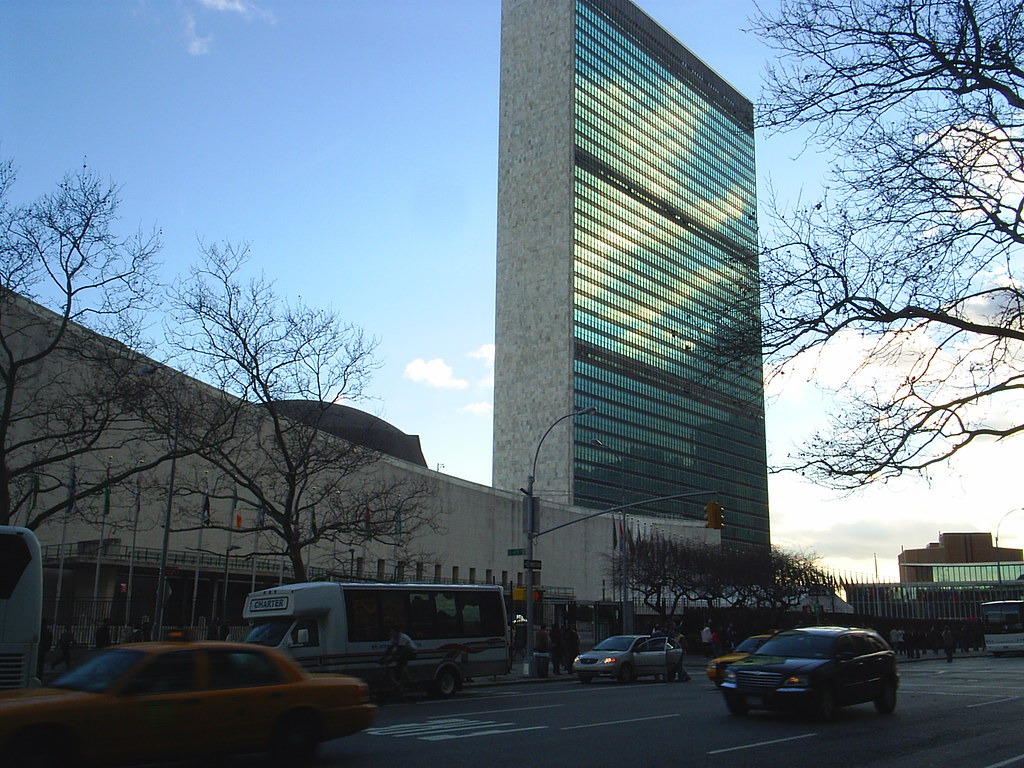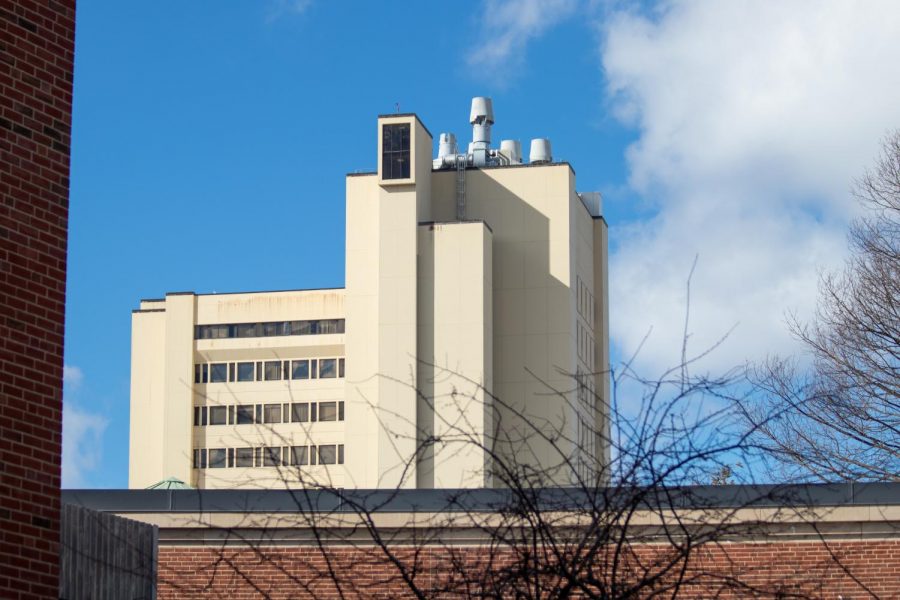“The very idea of the fabrication of a new government is enough to fill us with disgust and horror. We wished at the period of the Revolution, and now do wish, to derive all we possess as an inheritance from our forefathers.”
With these immortal words, amongst many others, Edmund Burke conducted a scathing literary prosecution of the French Revolution, which by then had descended into utter chaos. Within the stroke of a pen fueled by his characteristic linguistic pugnacity, he decried what he considered to be the machinations of “sophisters and calculators” in fermenting the revolution, whilst simultaneously praising the established Bourbon Monarchy as a pillar of stability and social adhesion. However, what history forgets about Burke was not just his visceral contempt for the French revolution, but his equally instinctive revulsion for unintended consequences. “By a revolution in the state,” Burke laments, “the fawning sycophant of yesterday is converted into the austere critic of the present hour.”
How such wisdom is perilously absent today! By now, the degradation of the Near East towards a state of flux and turmoil – a state known colloquially as the “Arab Spring” – is so widespread as to be considered cliché. Virtually every area of North Africa and the Levant have been affected in some way, with consequences running the gambit from regime change-inducing political upheaval to minor street demonstrations with no immediate consequences.
It is hard to approach the revolutionary movements in the Near East with any kind of philosophic uniformity, owing in large part to the differences in size, ethnic makeup, economic strength and geopolitical heft of the nations affected. Despite this, there is one entrenched commonality amongst virtually all of the convulsed states – they were, until recently, headed by longtime strongmen possessed of iron wills and autocratic dispositions. They range from exponents of military coup d’etats such as Muammar Gaddafi and Hosni Mubarak – a prodigy of soldier-rebel Anwar al-Sadat – to hereditary dictators such as Syria’s Bashar al-Assad.
If one takes the long view, however, they will find that these despots shared something else entirely: brevity of tenure that was mixed with brazen acts of despotism.
No matter how firm their grasp appeared to the outside world, the true measure of their influence – their permanence – was always tenuous at best. Their regimes possessed no semblance of permanent hierarchy, and often stifled the development of society itself. These regimes were similarly devoid of the transcendent loyalties that characterize most stable governments, for their political cultures often revolved around idolatrous leader-worship, instead of the enshrinement of laws, political tradition, and transcendent hierarchy. In this sense, it is not at all surprising that the citizenry of these nations revolted – for as long as most of them could remember, they were denied the privilege of political participation, and were concurrently stripped of any political system worth participating in. The Arab Spring is, in many ways, a very romantic endeavor, for alongside the conventional desires for egalitarianism, democracy and economic opportunity, lies a yearning of commensurate potency for a sense of belonging, a sense of continuity and a sense of national destiny.
However, there have been a few cases of natural immunity to this revolutionary contagion: Israel has managed to weather the crisis without any major scarring, and so has Saudi Arabia, despite incursions into neighboring Bahrain with the intent of suppressing insurrections there. There is one case of particular interest to the astute scholar of the Middle East – that of the Kingdom of Jordan.
Jordan was formally recognized as a state in 1946, with the end of the British Mandate in that region, after an extended period of foreign influence in the wake of the collapse of the Ottoman Empire. To outsiders, Jordan is something of a curiosity – it is a constitutional monarchy wedged between two Republics – Iraq and Israel – though also sharing borders with Saudi Arabia and Syria, nations not particularly well-known for their liberality. The Jordanian royal family – the Hashemites – is in fact a transplant from the Arabian Peninsula, being recruited by the British to govern what was then called “Transjordan,” after decades of feuding with the House of Saud in what would become Saudi Arabia.
Jordan itself is not a “nation” in the conventional sense of having a distinctive ethnic or cultural identity, but instead exists as a state that is inhabited by both indigenous East-Bank Jordanians as well as large numbers of ethnic Palestinians and Bedouins. Despite this, there is a strong movement by the government to encourage some form of common Jordanian identity, and to promulgate the view of Jordan as a pan-Arab state – an idea that dates back to the end of the First World War, the fall of the Ottoman Empire, and the desire for a common Arab identity expressed in the creation of a singular nation-state.
Despite the noble sentiments justifying the existence of Jordan, however, even that nation has not been spared from the chaos of the Arab Spring. Protests erupted in 2011 over the stagnant economy and rising prices, though never spiraled into an outright revolution. This is in large part due to the influence of King Abdullah II in Jordanian politics – whose office is seen as sacrosanct – and the presence of an effective and active legislature. Consequently, much discontent is focused not so much on the personage of the king, but on actions and issues, such as the dismissal of prime ministers and the regulation of the internet in Jordan.
Despite this, there will always those who will wish to see the monarchy abolished for the sake of the abolition of the monarchy – in short, change for the mere sake of change, the pernicious chimaera that many revolutionaries fall victim to. However, those with an impatience for political continuity should take note: Like France, Jordan was a monarchy from its inception. Unlike France, Jordan has yet to fall victim to subversive forces that seek to destroy that order, and to introduce chaos into what had otherwise been an orderly society. The monarchy is, in many ways, the only force forestalling this.
Far from being a pariah, the king is seen as a political paragon, and the standard to which the still somewhat-inchoate Jordanian nation can repair. In this sense, the king is not just a national mascot, but an informal guarantor of stability – he provides a living link to his Hashemite ancestors, and, consequently, is an embodiment of not just the present Jordanian condition, but the past and future of it. Like the French Bourbon dynasty of yore, he provides a centralized conference of national identity and encourages the continuity of an age-old order – an order that only the most foolhardy and unlearned would dare disturb.
Dan Stratford is a Collegian Columnist. He can be reached at [email protected].



















Justhadit • Apr 9, 2012 at 9:31 pm
Jordan been in existence for hundreds of years the Tribes who occupied Jordan used to travel between Iraq, Palestine, Syria, and Gulf Region. However Jordan, Syria and Palestine were called (Beelad al shahm), My Late grandfather used to get on his horse to visit friends in Damascus (Syria), Yaffa and Hypha (Palestine), The Tribes took arms against the Ottoman Empire before WW1 there were many Massacres by the Turks against the villages and the Tribes thousands in mass Graves My Grandfather was fighting the war against the Turks, he told stories about going with his followers and high jacking British arm shipments and supplies. Lawrence ben Arabia rode with my grandfather among the Tribes of Bani Sauker and blow up the RR on the way to port city of Aqaba. Sharif Husain Ben Ali Joined the war and efforts and he brought the British troops along, after the War the British divided the Region to three kingdoms Jordan ( King Abdullah I) King Faisal Iraq and King Ghazi Syria